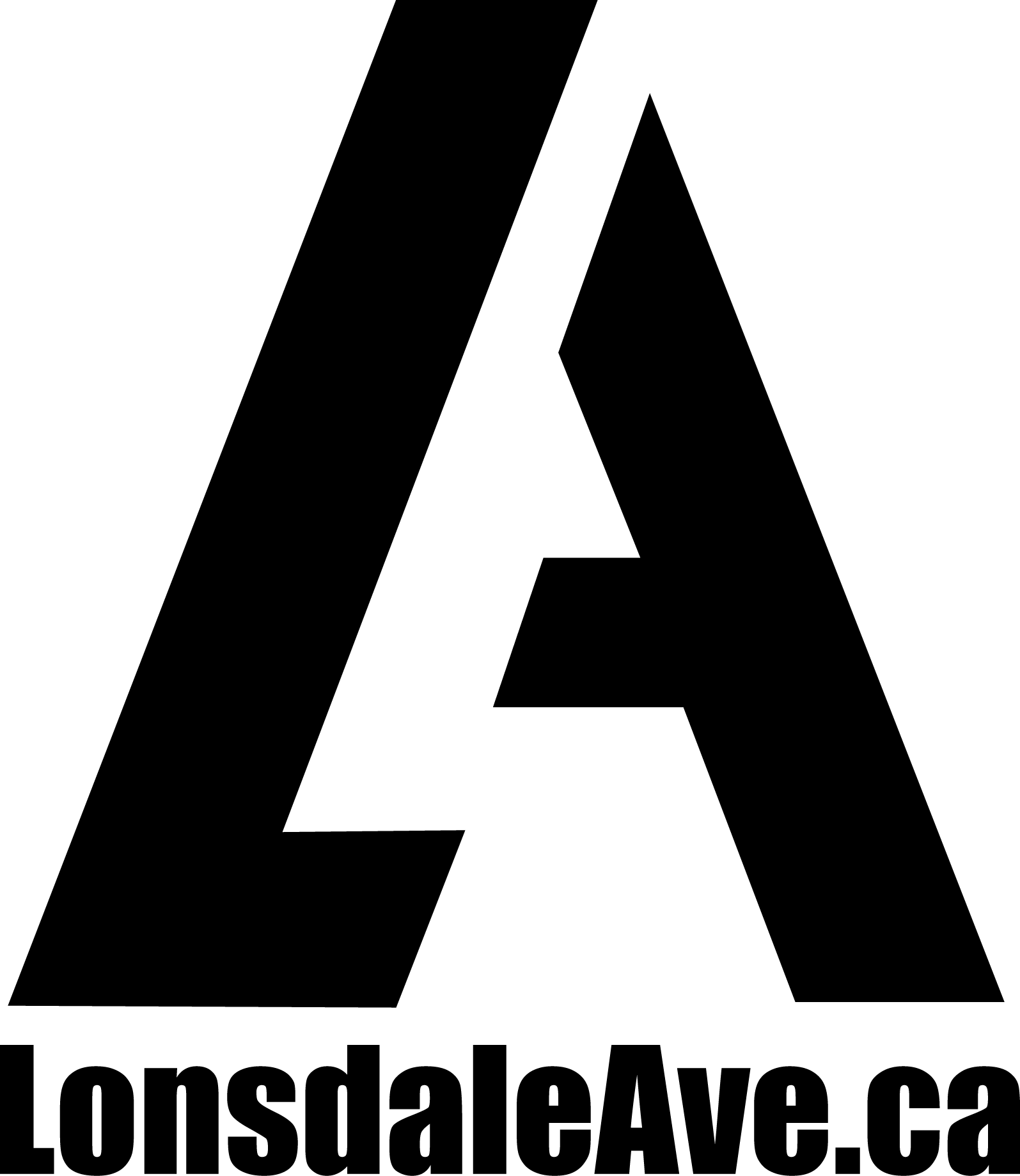Learning how to ask great questions is a vital skill, playing a crucial role in enhancing understanding and fostering meaningful connections in both business and personal contexts. This comprehensive guide delves into the art of crafting effective questions, emphasizing the importance of context, body language, and active listening. As communication is 50% listening, these are useful life skills to master.
Understanding the Purpose of Your Question
Knowing why you’re asking a question is fundamental. The purpose of your inquiry could range from seeking factual information, understanding a person’s perspective, to encouraging introspection or discussion. The intent behind the question will influence its structure, tone, and the kind of response you anticipate.
Key Considerations:
- Define your objective: Is it to gather information, solve a problem, or understand feelings?
- Align your question with your goal: The wording should reflect your intent, whether it’s to inform, persuade, or explore.
Open-Ended vs. Closed Questions
The type of question you choose can dramatically impact the nature of the response.
- Open-Ended Questions: These encourage detailed responses and often lead to insightful discussions. They are particularly useful in understanding opinions, feelings, and motivations. Example: “What are your thoughts on the new marketing strategy?”
- Closed Questions: These are direct and usually yield concise, factual answers. They are effective for clarifying details or confirming information. Example: “Did the meeting conclude at 3 PM?”
Crafting Effective Questions:
- Use open-ended questions to explore ideas and feelings.
- Resort to closed questions for specific, factual answers.
- Combine both types strategically for a balanced conversation.
Framing Questions Effectively
The way you frame your question can significantly influence the response.
- Avoid Leading Questions: Aim for neutrality to get unbiased responses. Leading questions can skew the conversation and might not yield honest answers.
- Clarity and Precision: Ambiguity can lead to misunderstandings. Ensure your questions are clear and to the point.
- Mindful Tone: The tone of your question conveys your attitude and can affect how it’s received. Match your tone with the intent of your question.
Strategies for Framing:
- Practice neutral phrasing to avoid bias.
- Keep questions concise and focused.
- Adjust your tone to suit the setting and subject matter.
The Power of Follow-Up Questions
Follow-up questions demonstrate that you’re actively engaged and interested in the conversation. They can also help clarify points or delve deeper into the subject.
Techniques for Effective Follow-Ups:
- Listen actively to the initial response.
- Ask for elaboration or clarification when needed.
- Use follow-ups to explore new angles or related topics.
Reading Body Language and Eye Contact
Non-verbal cues like body language and eye contact play a crucial role in the art of asking questions. They can provide insights into how comfortable someone is with the conversation, their honesty, and engagement level.
Interpreting Non-Verbal Cues:
- Body Language: Open body language (like uncrossed arms) often indicates comfort and willingness to engage. Closed body language might suggest discomfort or reluctance.
- Eye Contact: Maintaining eye contact shows interest and confidence. However, it’s important to balance it to avoid making the other person uncomfortable.
Using Non-Verbal Cues Effectively:
- Observe the respondent’s body language and adjust your approach accordingly.
- Maintain appropriate eye contact to foster a connection without overwhelming the other person.
Active Listening
Active listening is as important as the questions themselves. It involves fully concentrating on the speaker, understanding their message, and responding thoughtfully.
Practices for Active Listening:
- Show engagement through nodding or verbal affirmations.
- Avoid interrupting the speaker.
- Reflect on what has been said before responding or asking another question.
Context Matters
Tailoring your questions to the context — whether it’s a formal business meeting or a casual personal conversation — is vital.
Adapting to Context:
- In a business setting, focus on objectives, outcomes, and clarifications.
- In personal conversations, prioritize feelings, experiences, and opinions.
Encouraging Thoughtful Responses
Creating an environment where respondents feel comfortable sharing their thoughts is key.
Tips for Encouraging Responses:
- Give the respondent time to think.
- Show genuine interest in their answers.
- Avoid judgmental responses or reactions.
Practice and Reflection
The skill of asking great questions improves with practice. Reflect on the responses you receive and how your questions influenced those responses.
Enhancing Your Skill:
- Analyze the effectiveness of your questions in different scenarios.
- Seek feedback from others on your questioning technique.
- Continuously refine and adapt your approach.
Mastering the art of asking great questions enhances communication and understanding in all areas of life. By being mindful of the purpose, framing, and follow-up of your questions, and combining these with active listening, context-awareness, and a keen observation of non-verbal cues, you can unlock deeper insights and foster more meaningful interactions.
And just for fun…
List of The Top 25 Best Questions of All Time
- What is the meaning of life?
- Is there a higher power or a God?
- What is the nature of reality?
- Do we have free will?
- What happens after we die?
- What is the true nature of consciousness?
- Is there life elsewhere in the universe?
- What is the ultimate nature of time?
- How did life begin?
- What is the source of human morality?
- Are there parallel universes?
- What is the purpose of existence?
- How does the mind relate to the brain?
- What is the nature of truth?
- Can we ever achieve true peace?
- What is love, and why does it have such a profound impact on us?
- Is there a limit to human knowledge?
- What is beauty, and is it universal?
- How should we define happiness?
- What does it mean to live a good life?
- Is history determined by chance or choice?
- Can artificial intelligence ever become conscious?
- What is the root of suffering?
- How will the universe end?
- What is the ultimate fate of humanity?


